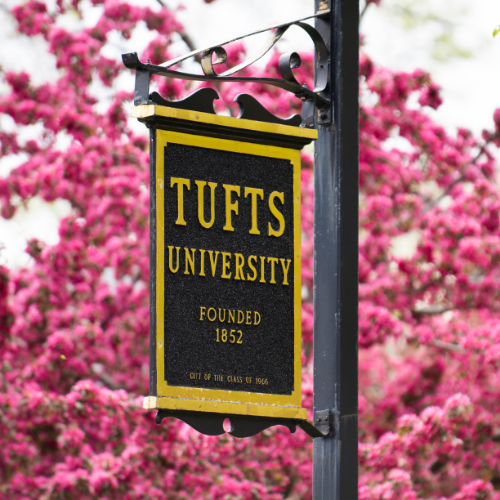
About Restorative Practices
Restorative Practices are value-based “ways of being” that focus on building, nourishing, and maintaining positive relationships individually and within a community. Restorative Practices simultaneously work on many levels. For example, philosophically, they may provide an ethical framework that can guide personal and professional decisions, and actively, they include proactive and reparative actions to foster trust and work through conflicts.
Restorative Practices are not new, in fact they have been part of indigenous cultures throughout the world for countless generations. More recently, they have been adopted and adapted within other communities as a means of re-establishing people and their relationships as a priority. With the integration of restorative approaches, Tufts aims to create an environment where connection is a priority, relationships are valued, conflicts are seen as opportunities for growth and addressed within the community.
Curious? Interested in learning? Connect with us and find out more!
Program Director

Ashley Rose
Restorative Practices Program Director
As Restorative Practices Program Director, Ashley Rose leads the integration of Restorative Practices in the AS&E community. With that goal, she designs, develops, implements, and manages community-building education and programming for undergraduate and graduate AS&E students. Student Life restorative practices efforts are aligned with university-wide inclusive and restorative dialogue strategies.
Ashley Rose joined Tufts from The Center for Restorative Justice at Suffolk University, where she taught race, equity, and restorative justice. During her time at Suffolk, she co-founded the American Association of Colleges and Universities’ Truth, Racial Healing and Transformation Center at the university. She has deep roots in the Boston community and is passionate about civic engagement and the arts.